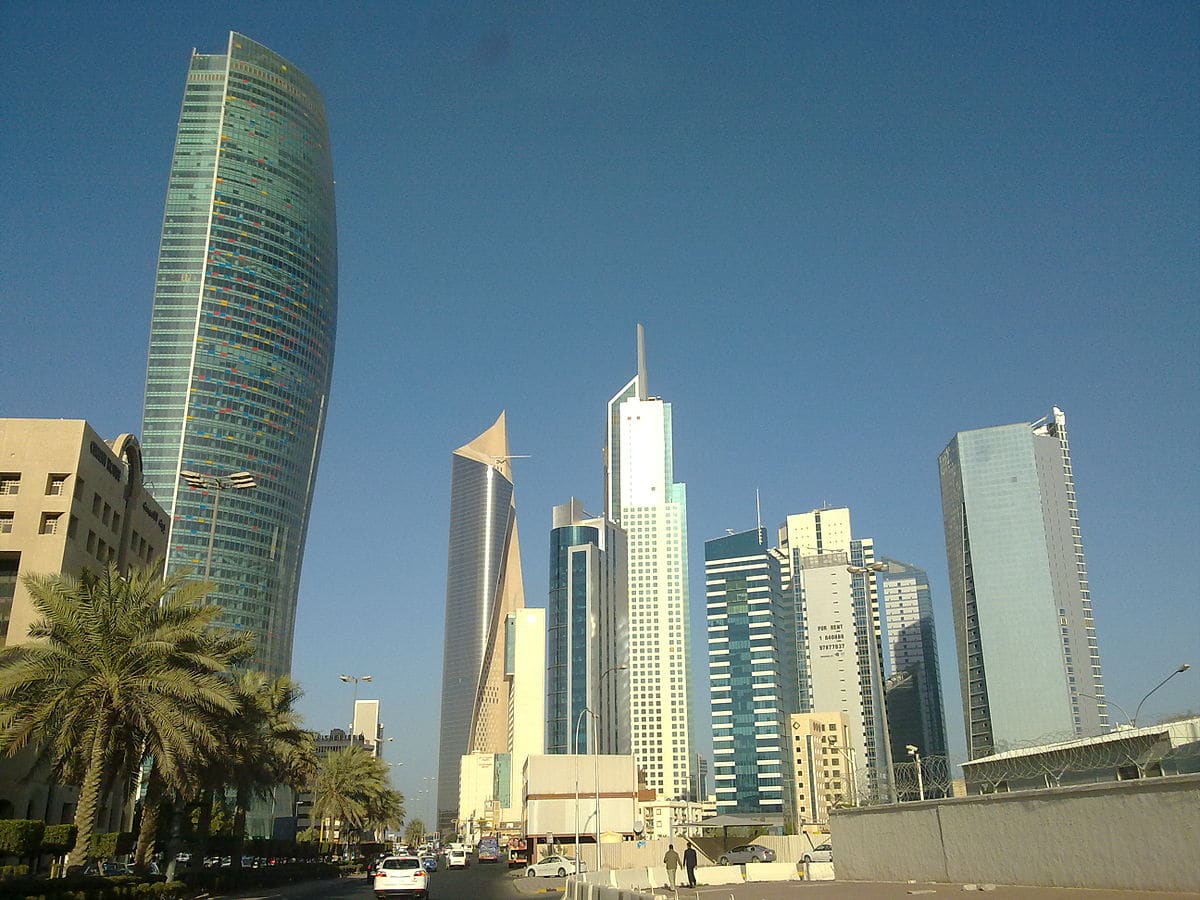Riyadh, (Business News report)|| Oil prices have exceeded the level of the break-even point for the Gulf countries’ budgets due to the Russian-Ukrainian war.
It is likely that there will be large surpluses in Gulf countries’ budgets, even for the weakest economies, if prices remain high.
Crude prices reached $105 a barrel for the first time since 2014, in light of the Russian invasion of Ukraine.
The fighting in Europe means that OPEC members such as Saudi Arabia and the United Arab Emirates could make even bigger windfalls.
There is even a chance that Bahrain, the smallest economy in the region, will record a balanced budget for the first time since 2008 if crude oil remains elevated.
It is noteworthy that the price of Brent crude jumped by more than 9% in the hours after President Vladimir Putin ordered Russian forces to strike Ukraine.
The International Monetary Fund estimates that prices at this level will ensure that all major oil producers in the Middle East, with the exception of Bahrain, run a budget surplus.
Also, Saudi Arabia, which needs oil to be around $72 a barrel to balance its budget, has said it expects to post a surplus this year.
The United Arab Emirates need the price of oil barrel to be at $67 while Bahrain needs it to be at $106.
“$100 oil is a boon for the GCC, very few thought we’d get back to this level after the drop in 2014,” said Ziad Daoud, chief emerging markets economist at Bloomberg Economics. “It would allow governments to spend more and build up their foreign-exchange reserves.”
The price jump will “boost confidence, replenish balance sheets and support the economic recovery” of Gulf countries, said Mohamed Abu Basha, head of macroeconomic research at investment bank EFG Hermes.
Investors will also “find a safe-haven in the Gulf’s dollar pegs from growing risks to emerging currencies amid a complex environment of rising inflation and potential tightening by global central banks,” he said.
The current reality represents a sharp turnaround after energy market turmoil and the pandemic have thwarted the recovery from the recent collapse in oil prices.
However, the increased emphasis on fiscal discipline after a period of relatively low oil prices means that Gulf states are unlikely to increase spending.
It is noteworthy that officials in Saudi Arabia, the largest oil exporter in the world, have pledged to use the windfall gains to prepare for the future.
This is part of efforts to diversify the economy, as climate change is spurring a move towards technology that does not use fossil fuels.























































